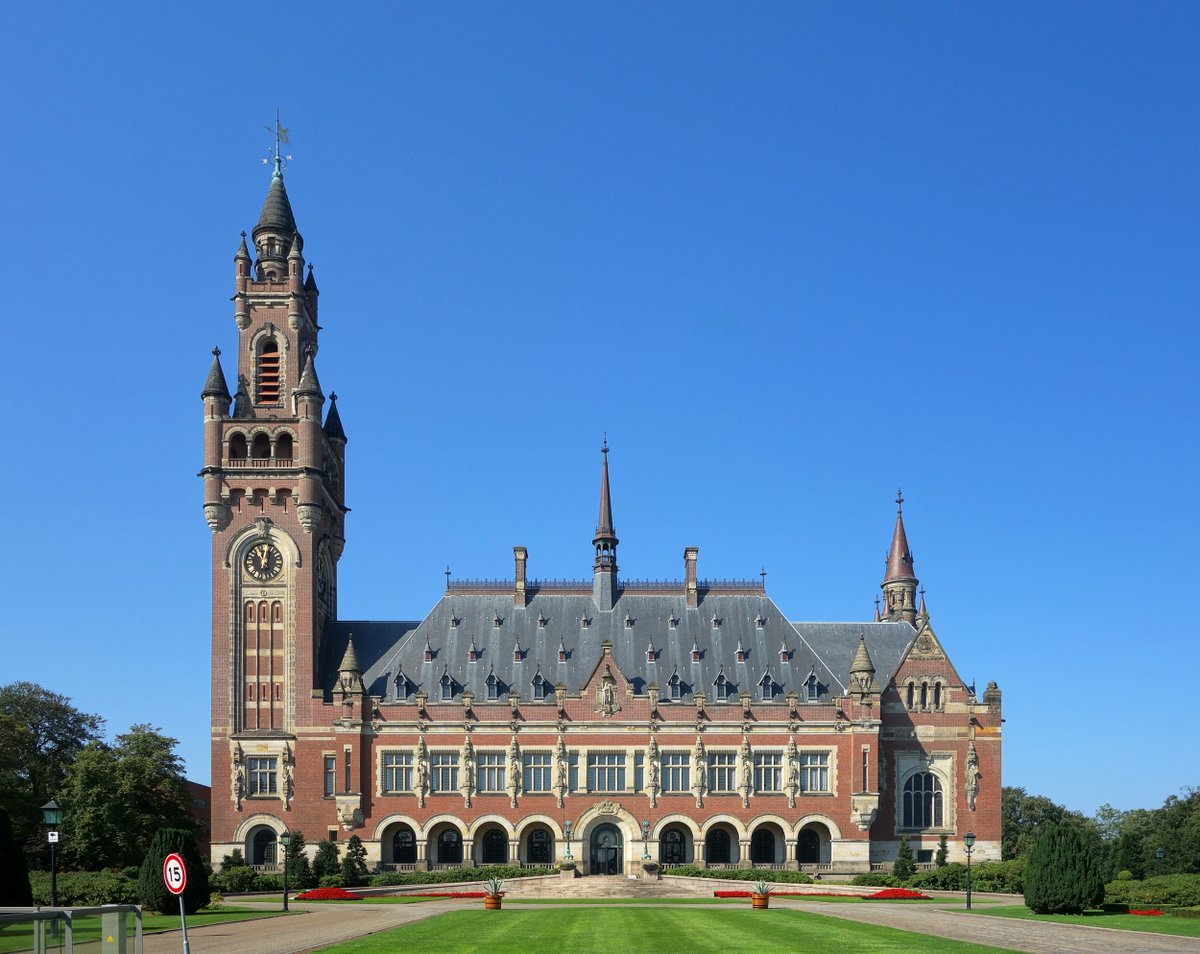
When you run out of land to rule, you make more land to rule. Meet a King who tried to do that quite literally, and also led to the creation of the host of some of the most powerful legal judgements in the world today.
Story in the evening ...
Story in the evening ...
https://twitter.com/Arby_K/status/1377810647975567364
Willem was born in 1227 to Floris, Count of Holland, and Mathilde de Brabant. Willem succeeded as the Count in 1234, after his father died in a tournament. His uncles, Otto, Bishop of Utrecht, and Willem were his Regents. 1/10 

In 1245, Holy Roman Emperor, Friedrich, was excommunicated by the Pope. Though Friedrich retained authority in the Empire, the Archbishops of Köln and Mainz elected Heinrich Raspe von Thüringen as King of Germany, in opposition to Friedrich's son, Konrad. 2/10 

But when Heinrich Raspe died in 1247 soon after defeating Konrad in battle near Frankfurt, Henri de Brabant proposed Willem as the new King. The proposal was backed by the Archbishops of Köln and Mainz and endorsed by Pope Innocent IV. 3/10 

But King Willem was a name more in title than in rule. When he went to Aachen for his coronation, he was refused entry. The city supported Emperor Friedrich. It took a 6 month long siege for Willem to gain entrance and get himself coronated by the Köln Archbishop. 4/10 

In 1248, Willem built a palace near the Count's hunting residence. Later called "’s-Gravenhage", it added palaces and became the principal residence of Counts of Holland. This area has now grown into a big city, The Hague, which hosts the International Court of Justice. 5/10 

With Friedrich still strong in Germany and Italy, King Willem's rule was limited to Rhineland and Swabia. Back in Holland, he would make a decision that would have a lasting impact. He chartered Hoogheemraadschap van Rijnland to plan the waterworks and protect the land. 6/10 

Hoogheemraadschap van Rijnland was the first of the many water boards of present day Netherlands. These water boards organize the management of water barriers and water levels in Netherlands and played a major role in reclaiming land from the sea. 7/10 

Friedrich's death in 1250 send Konrad south to consolidate his claims in Sicily. With his marriage in 1252 to Elisabeth von Braunschweig, Willem gained allies in Saxony & Brandenburg, bringing him closer to the Welf contingent, the major rivals of the Konrad's family. 8/10 

Strengthened, Willem would gain primacy in Germany with the death of King Konrad in 1254. But his rule would be short, as he met his death in 1256, during his campaign against the Frisians, when he (or his horse) fell through ice, while he was traversing over it. 9/10 

In a disputed election that followed, English Prince Richard and Castile King Alfonso would be elected as King of Germany by different sets of electors. Both would take limited effort to enforce the election, leaving behind a period of regnal ambiguity in Germany till 1278. 10/10 



• • •
Missing some Tweet in this thread? You can try to
force a refresh












